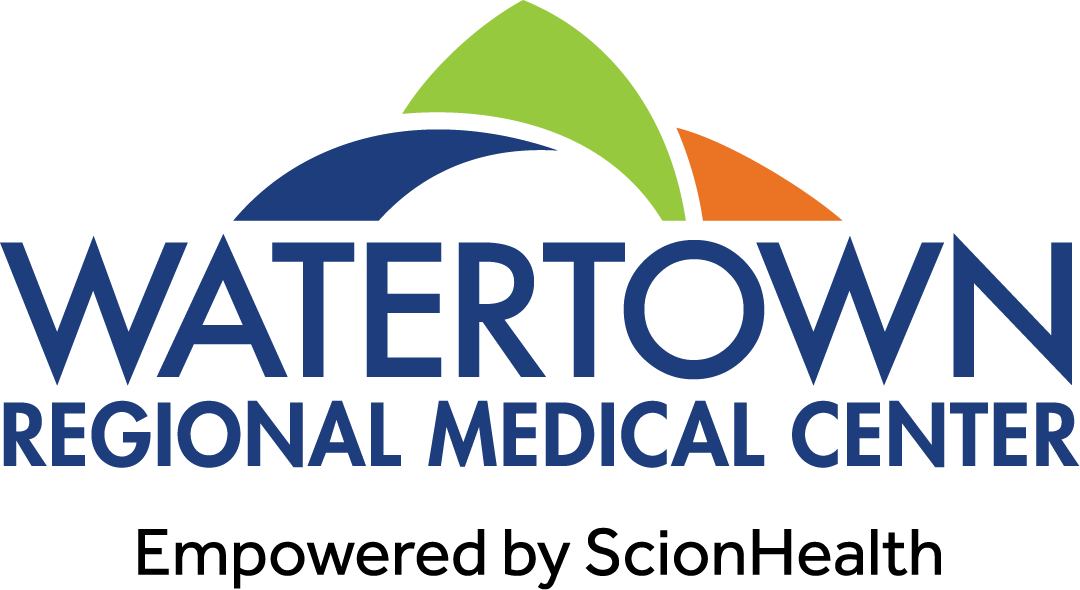Detecting Lung Cancer Early: Why a Screening Could Save Your Life
November 17, 2020
By Dr. Terry Turke, Watertown Medical Clinic
Did you know November is Lung Cancer Awareness Month?
Today, lung cancer is responsible for 12.7 percent of all diagnosed new cancers each year and 22.4 percent of cancer deaths in the U.S. – the largest percentage of cancer deaths. By the end of 2020, more than 228,000 people will have been diagnosed with lung cancer and more than 130,000 people will die from it.
The good news is that the numbers of lung cancer deaths have decreased greatly over the last two decades. Twenty years ago, 60 people per 100,000 died of lung cancer. Today, that number is cut nearly in half because of several important factors, including less people smoking, better lung cancer treatments and earlier detection of lung cancer with screenings. In fact, while the overall five-year survival rate for lung cancer is 20.2 percent, the chance of surviving five years goes up to 59 percent if the lung cancer is caught early.
Smoking has been shown to increase your risk for lung cancer, and fortunately, there is now a potentially life-saving lung cancer screening test for smokers and former smokers called a low dose CT scan. Similar to breast cancer screening, lung cancer screening has been proven to detect lung cancer earlier and save lives. If you are a smoker or a former smoker, talk to your provider about lung cancer screening and – if it’s right for you - consider getting screened. Watertown Regional Medical Center has appointments available.
We understand COVID-19 has placed uncertainty around routine hospital visits and you may have concerns about visiting a hospital right now. We have implemented a number of safety precautions – in addition to our usual safety standards – to help ensure a safe environment for all of our patients and staff. Keeping our community healthy, while providing potentially life-saving screenings, is at the heart of what we do. If you’re eligible and would like to schedule a lung cancer screening, call 920.262.4298 to get yours on the calendar.
Statistics from National Cancer Institute. Learn more at www.cancer.gov.
